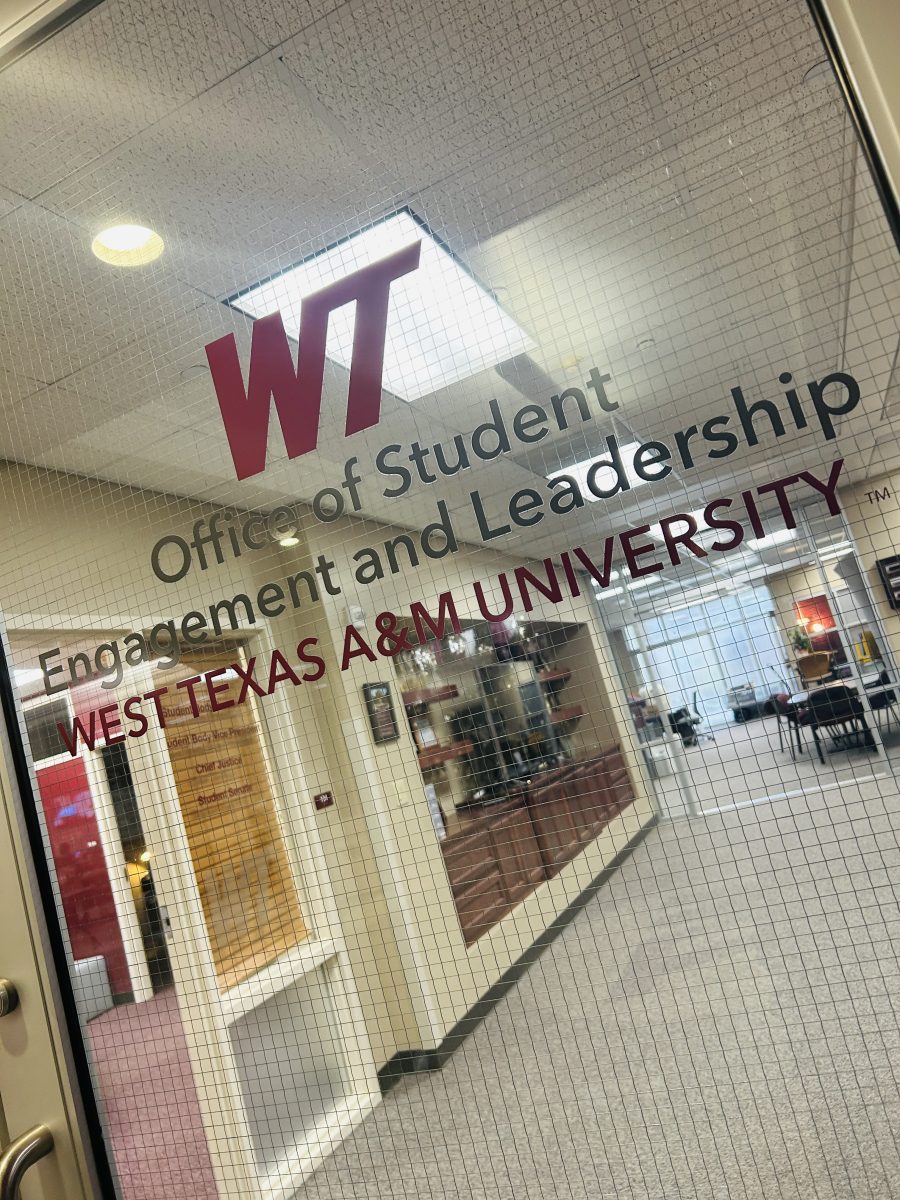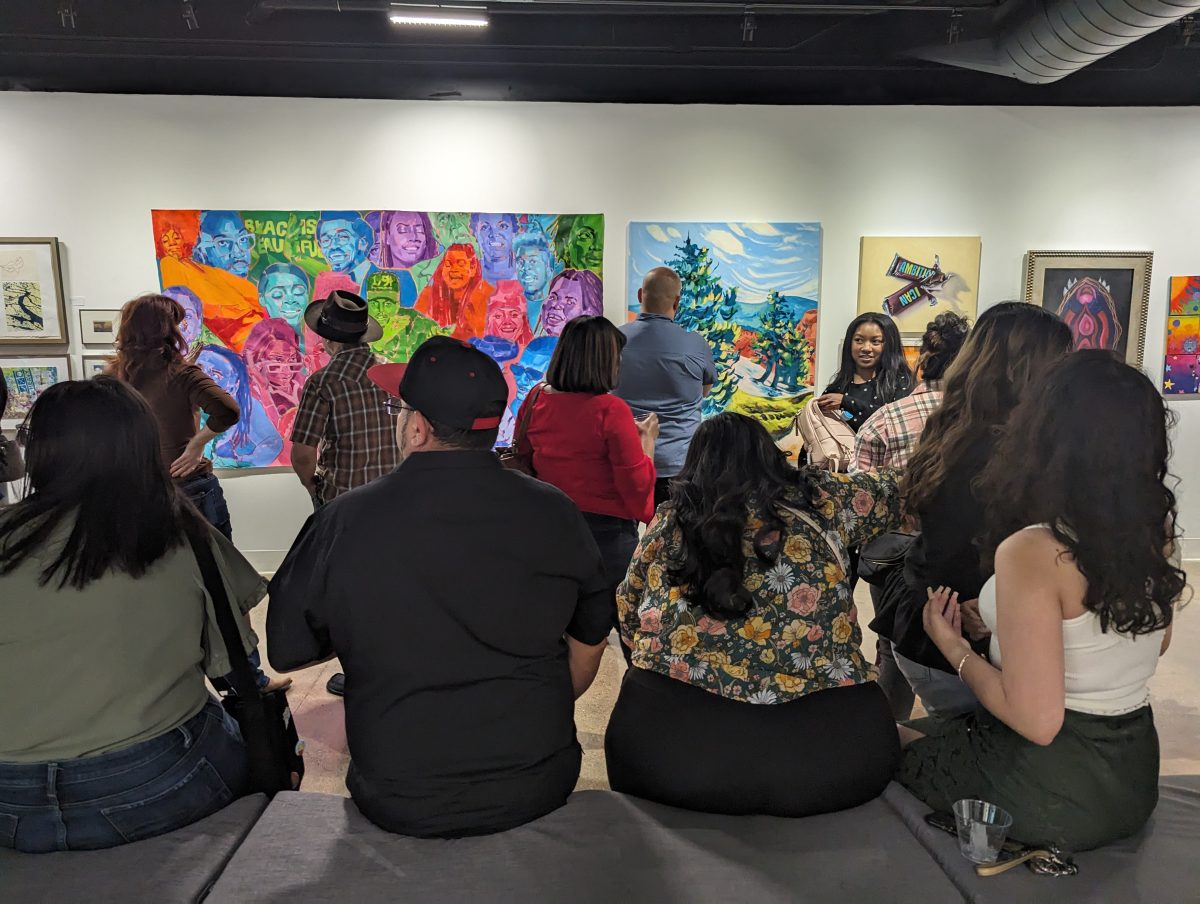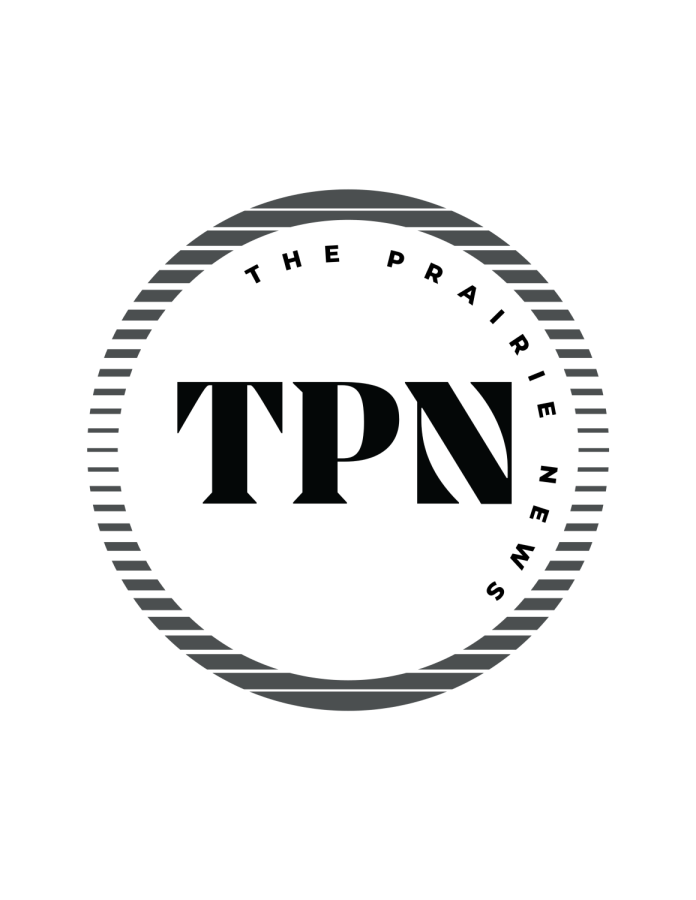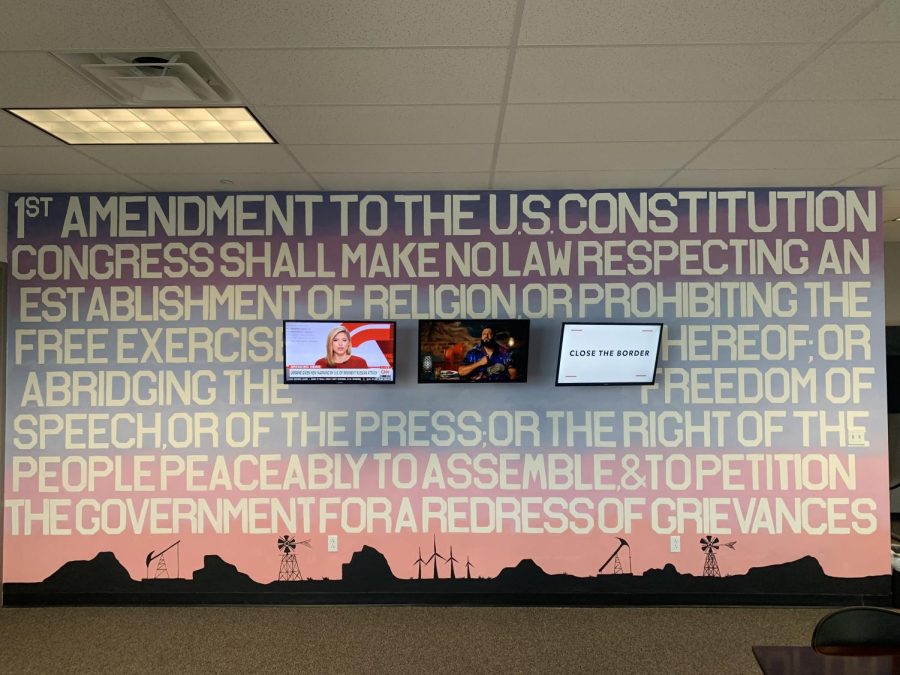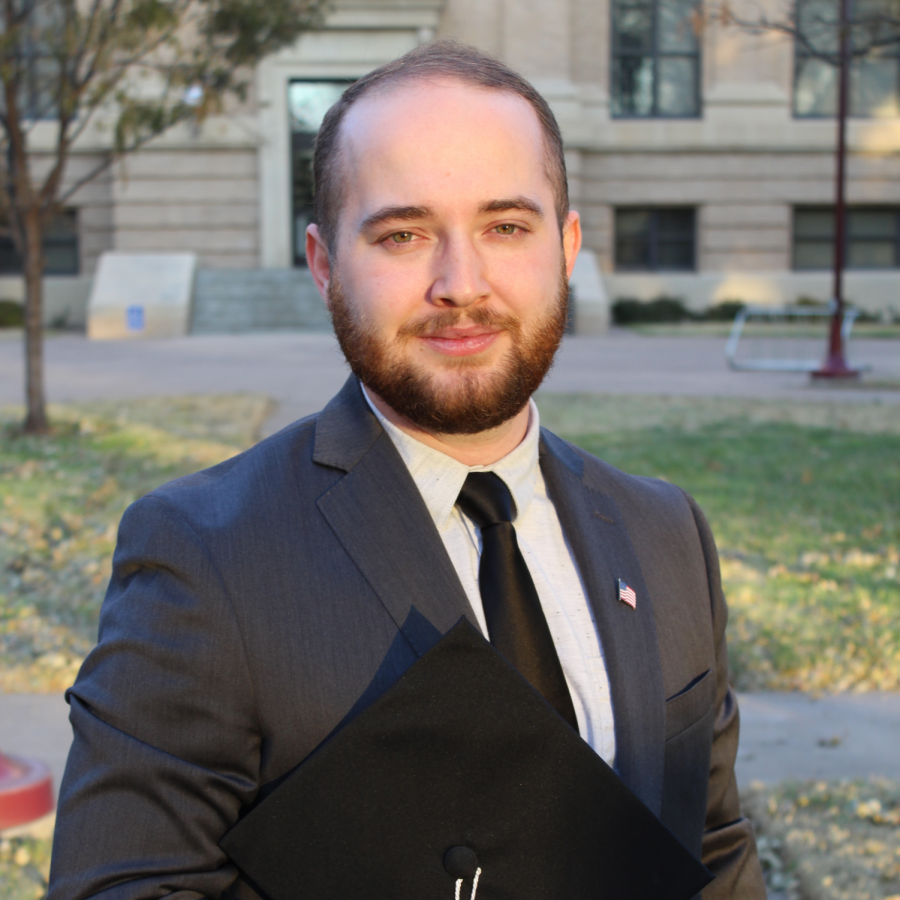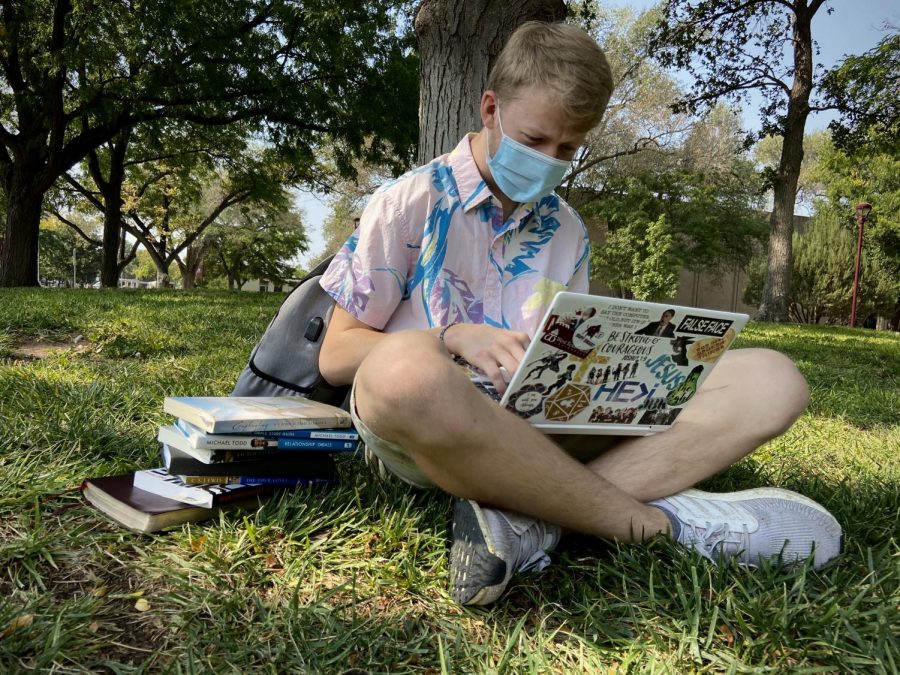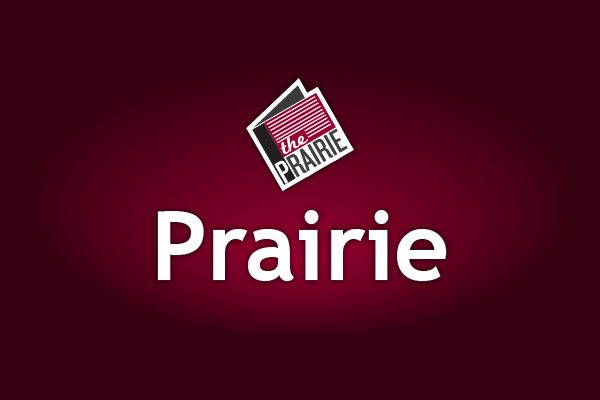
A letter from student body president
Dear WTAMU student body,
Last weekend I was lucky enough to have the opportunity to visit the capital of Texas – Austin. I was selected as one of two representatives serving my school through the Chancellors Student Advisory Council (CSAC). The council was created in 1982 to provide an avenue for all student leaders to address student issues common to all campuses within the A&M System. The CSAC consists of two student representatives from each institution and formally meets twice a year, once during the A&M System’s Board of Regents meeting and again at the end of the spring semester at the annual System Student Affairs Symposium. The group meets informally to discuss issues regarding higher education throughout the academic year. My counterpart, Leif Knippers, and I have had the opportunity to travel to many unique meetings and locations throughout the past year but none have been as enlightening as our trip to Austin. We met with legislators and aides to discuss and confront some of the biggest issues facing higher education today. Our discussions led us to topics such as allowing concealed carry on campus, tuition freezes, and the 135 hour rule to name a few. I would like to pass the information we have learned to the students at WTAMU.
CONCEALED CARRY ON CAMPUS:
As most students are aware, current state law prohibits the possession of a firearm on a college campus. Senate Bill 182 was introduced to allow the concealed carry of firearms at public institutions of higher education (WT included). This bill was proposed last legislative session but did not find the traction to become law. From my talks with legislators and people familiar with the issue, I can conclude that there is a much greater chance that we will see Senate Bill 182 pass this session. Please keep your ears open on this issue and voice your opinion at the Student Government town hall meetings on February 13 and 14 in the JBK Expansion.
TUITION FREEZE:
A bill has been proposed allowing universities to freeze tuition rates for incoming freshman. In more simplistic terms, this would mean that an incoming freshman would pay the same tuition rate for all four years that they attended a university. The goal behind this proposal is to give students more predictability when budgeting for their college careers. A student would essentially have a choice between starting college at the frozen rate or to start at a normal rate and weather any tuition increases that may occur. On the surface this option sounds appealing, but when we dissect the issue we can only expect universities to raise the tuition of the frozen program much higher than regular tuition in order to protect themselves from cost increases. In my humble opinion, I believe that a student would be better served by choosing the less predictable but likely cheaper option of forgoing a tuition freeze.
THE 135 HOUR RULE:
One of the main goals in higher education today is to improve graduation rates. In the near future, Texas public institutions of higher education will be funded by outcomes based funding instead of the current system of formula funding. Outcome based funding differs from the old formula based funding system in the way it calculates how much money an institution will receive from the state. Outcomes based funding relies heavily on the four and six year graduation rates of an institution instead of looking primarily at enrollment. Because one main goal in higher education is to increase graduation rates, the state is looking for ways to “persuade” students to graduate earlier. You can currently take up to 150 hours at an in-state tuition rate if you are a Texas resident, but anything beyond 150 hours and you will have to pay the out of state tuition rate. The proposed bill would reduce that number to 135 hours toward your degree. This change may not seem significant at first, but think about it this way: A typical degree plan requires 120 hours; the new 135 hour rule is only 15 hours beyond your degree, meaning that you have one semester of wiggle room. My problem with this proposal is that it neglects the fact that students often don’t choose a major and stick with it. A major change late in your college career could easily put you over the cushion of 15 hours. The goal of increasing rates of graduation is worthy, but at what costs to the students?
I hope that you see the importance of these issues as much as I do. I have barely brushed the surface in describing these issues and there are many more that I simply do not have room to discuss. I would also like to take the time to inform you that we are a member in one of the biggest and best university systems in the world. The Texas A&M University System has 11 member institutions, a health science center and seven state agencies. There are students at each of the 11 other institutions who face the same problems that you face. I think it’s important for you to recognize that we are a small piece to a much larger puzzle, but our actions can send shockwaves through the system. If you are passionate about an issue regarding higher education please contact myself, the University administration or even your state legislator. Don’t sit idly by and wait for changes to be made, MAKE THEM HAPPEN.
GO BUFFS!
Nick Goettsche
Student Body President





